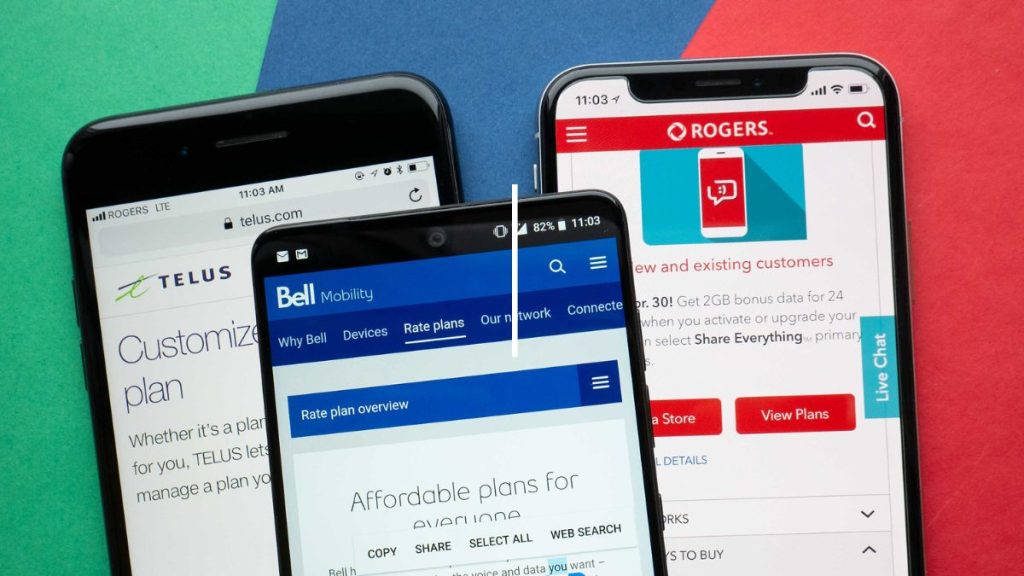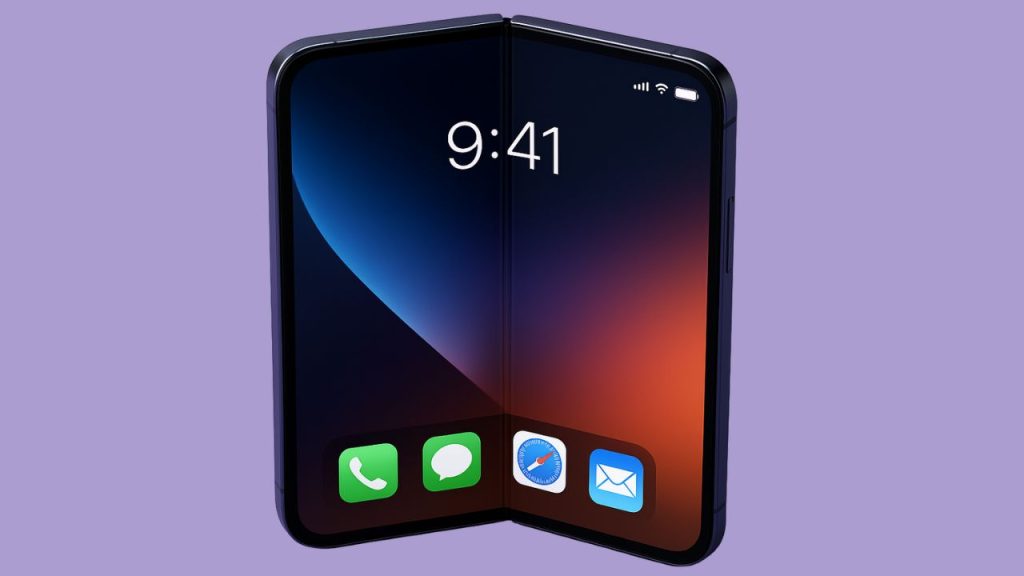Nowadays, an increasing number of people are concerned about home network security vulnerabilities. The proliferation of sensitive online data, such as banking credentials or social media passwords, has made privacy protection a top priority. Everyone must have the tools they need to protect their network in order to ensure maximum security. Using a Virtual Private Network (VPN) appears to be the most viable of these methods.
Why use a VPN? VPNs establish an encrypted connection between your device and a remote server, making them an effective and reliable security solution. This secure connection provides additional security while browsing the Internet, effectively concealing your data from unauthorized access, as explained in previous articles.
Are they effective? Absolutely! Despite the monthly subscription fees associated with most VPN services, they provide several significant benefits. They give you access to websites that are blocked or restricted in your country, among other advantages. Furthermore, VPNs improve your online security by allowing you to hide your true location behind a different IP address specific to the country you want. To summarize, using a VPN is an important step toward ensuring secure and unrestricted Internet browsing, as it provides both privacy and access to a wide range of content that is not limited by geography.
As a result, thanks to VPNs, you no longer have to worry about being unable to access your favorite sites while traveling. VPNs allow you to browse the internet as if you were at home.
The Advantages Offered by VPNs
VPNs provide numerous benefits for improving your internet experience and increasing your online security. These services protect your private data, such as passwords and banking information, from hackers and unauthorized access by encrypting all data sent between your device and the remote VPN server. For example, using a VPN allows you to access geo-restricted content, such as streaming catalogs or social media platforms that are unavailable in your area. Furthermore, virtual private networks protect your online transactions, whether you’re shopping on unsecured websites or accessing your bank accounts via public Wi-Fi networks.
Furthermore, virtual private networks increase connectivity freedom by avoiding restrictions imposed by internet service providers. Selecting from a variety of servers around the world can often result in a faster and more stable connection, especially in areas where internet speeds are typically slow or unreliable. A VPN allows you to securely and efficiently access restricted online services in your home country while traveling abroad. In conclusion, VPNs provide critical protection, increased browsing freedom, and improved performance, making them an indispensable tool for anyone concerned about their online security.
Using a Free VPN
For those interested in trying out this technology, there are several free options available, though the majority of VPN services are paid. However, these free options have limitations. They can be frustrating to use while traveling because they provide a less stable and slower connection. Furthermore, some companies that provide free VPNs may profit by selling your browsing history, potentially jeopardizing your online privacy.
Furthermore, free VPNs may encourage users to upgrade to paid services by imposing download limits or restricting access to a small number of servers. Despite these limitations, it is preferable to use a free VPN while traveling than to have no online protection whatsoever.
- TunnelBear : TunnelBear offers a free version with a 500 MB monthly data limit, but provides options to increase this limit by inviting friends or following the brand on social media. It is renowned for its user-friendliness and playful interface.
- Hotspot Shield : Hotspot Shield provides a free version supported by ads, offering a secure connection and limited access to certain servers. It is available on various platforms and is often praised for its connection speed.
- Hide.me : Hide.me offers a free version with a 2 GB monthly data limit, along with speed restrictions. However, it provides robust security protocols and a strict no-logs policy.
- Speedify : Speedify offers a free version with a monthly data limit of 2 GB. It stands out by combining multiple internet connections to improve the speed and reliability of the VPN connection.
- ProXPN : ProXPN provides a free version with limitations on speed and server selection, but still offers basic protection for online privacy.
. - Windscribe: Windscribe is a VPN service offering a free version that allows you to browse securely until you reach the 10GB download limit. It provides a user-friendly interface, and if you’re satisfied with its performance, you can then opt for their paid options.
- Proton VPN: Based in Switzerland, this VPN service offers free usage without download limits, advertisements, or logging your browsing data. However, it employs multiple security checks (CAPTCHA), which may become annoying over time.
- Opera: Opera is a free search browser based on the Google Chrome interface and comes with a built-in VPN. Therefore, all you need to do is download it to quickly enjoy a secure 2-in-1 browser.
All of these free VPNs have advantages and disadvantages, so you should carefully consider which one will best meet your online security and privacy requirements.
Using a Paid VPN
Paid VPN services provide the highest level of browser security. Some of them allow you to connect to over 3000 servers around the world, increasing the power of your VPN connection.
Paid VPN services typically offer more ways to secure your network. As a result, a paid service includes additional security features, such as a kill switch, which automatically disconnects you from the internet when your VPN is no longer active to ensure your anonymity.
If you’re thinking about using a paid VPN service, here’s a quick list of the top options:
- Mullvad VPN: Mullvad VPN is a powerful tool that goes beyond the typical VPN features. It is notably capable of bypassing your NAT firewall, which effectively allows for a faster connection. Mullvad is offered at a cost of $7 per month, with no long-term commitment required.
- NordVPN: NordVPN is one of the most reputable VPN services known for its reliability and very low monthly entry cost at just $3.49. NordVPN also offers excellent customer service along with a very fast server connection time.
- Surfshark: Surfshark is a popular VPN service known for its speed. Users can expect to retain more than 95% of their connection speed even when using a VPN. It can also bypass VPN detections, allowing you to access restricted content in your region.
Would you consider using a VPN?
To summarize, VPNs are a must-have tool for travelers, providing numerous security and connectivity benefits. They not only allow secure access to your company’s network for remote work, but they also improve the security of your internet browsing. Whether you choose a free or paid VPN service, both provide significant benefits for securing your online data. An eSim plan may also be considered to ensure a consistent and reliable connection while traveling. By combining these technologies, you can safely navigate and stay connected no matter where you are in the world.








